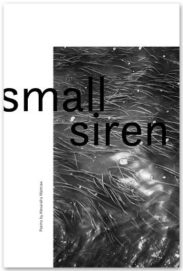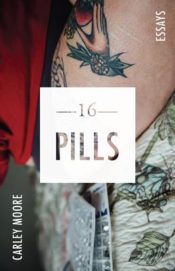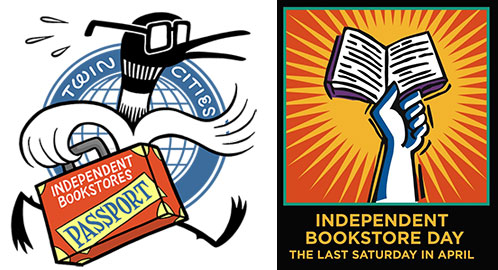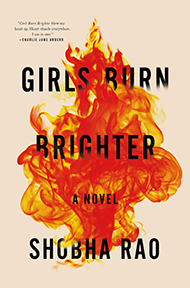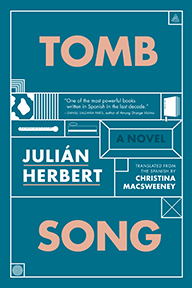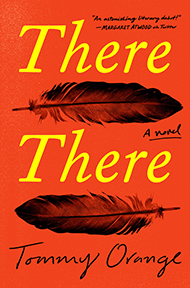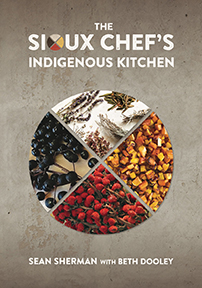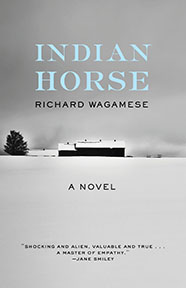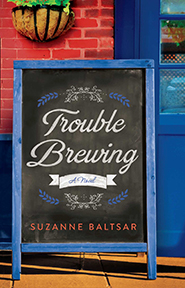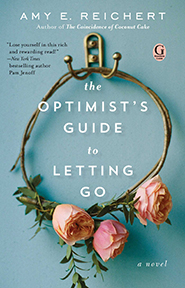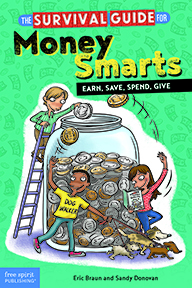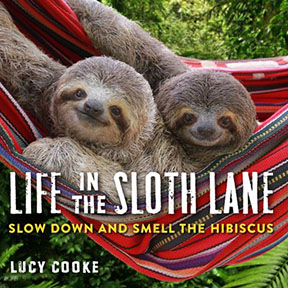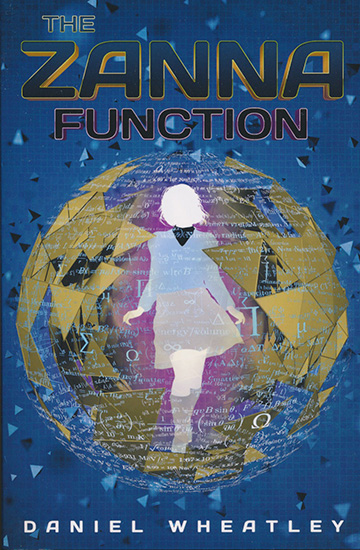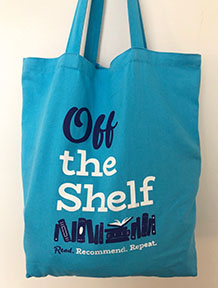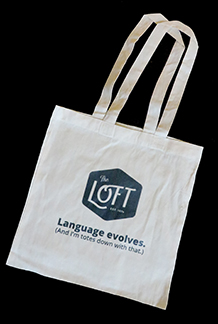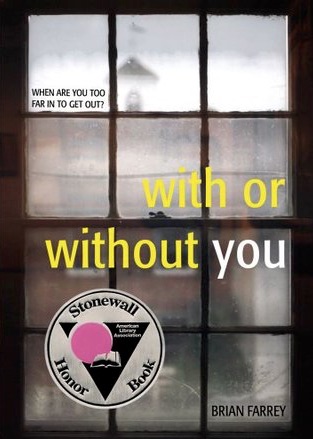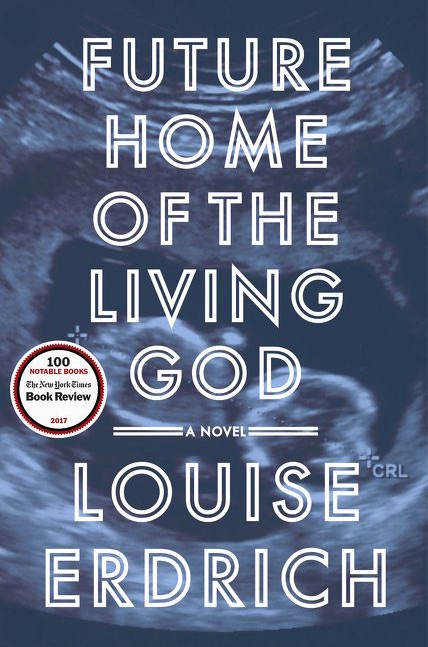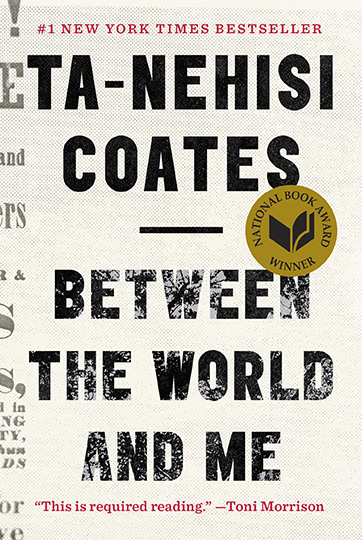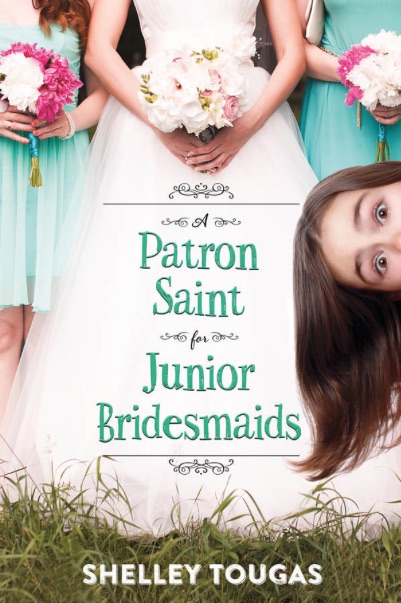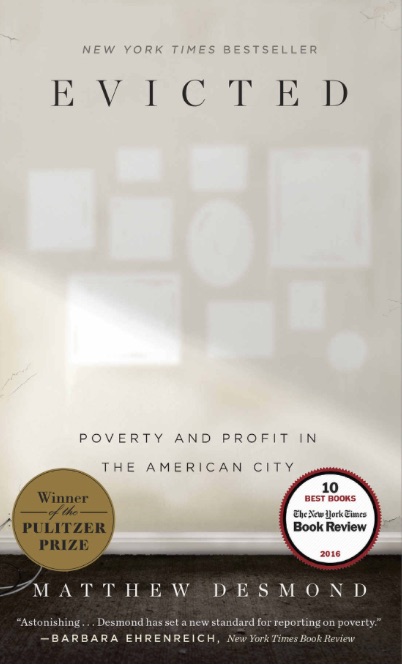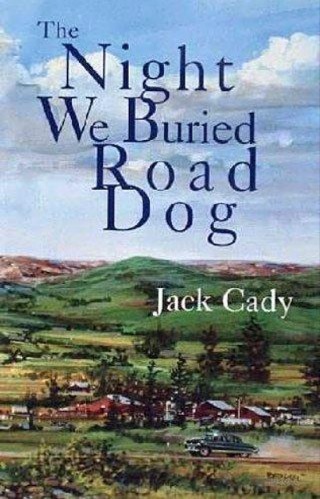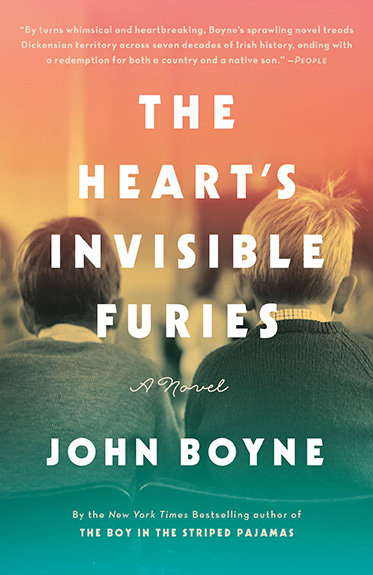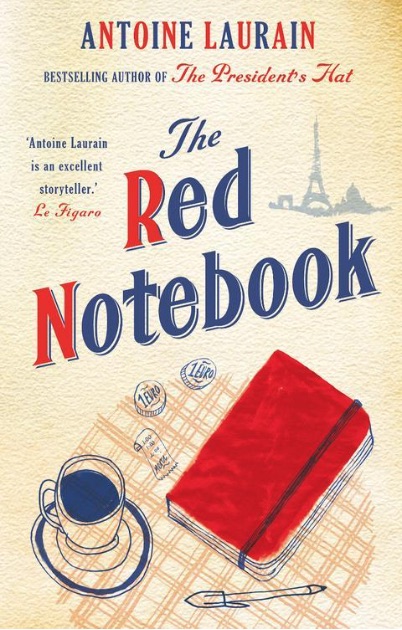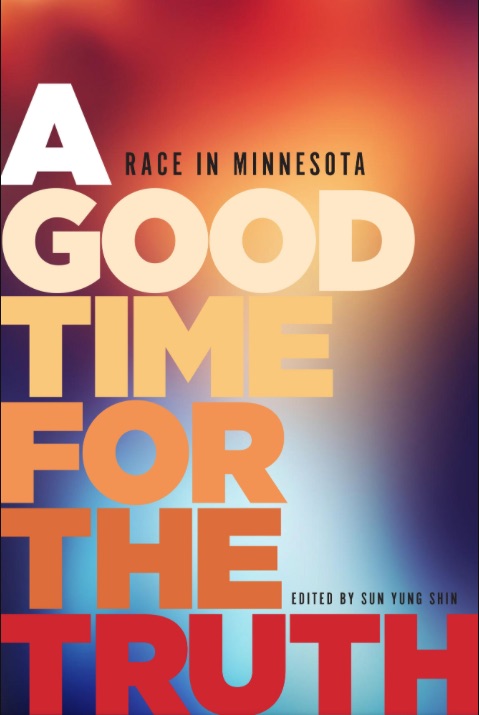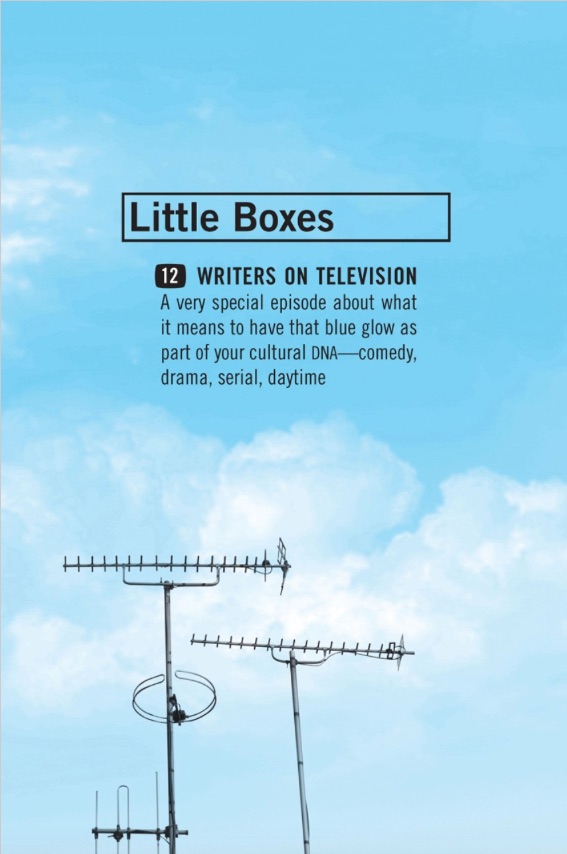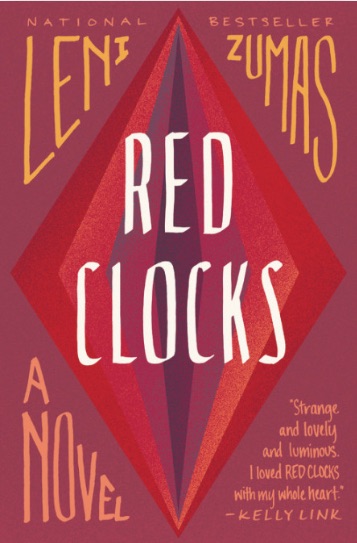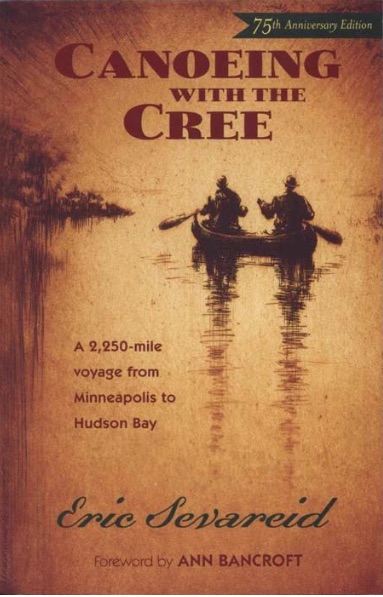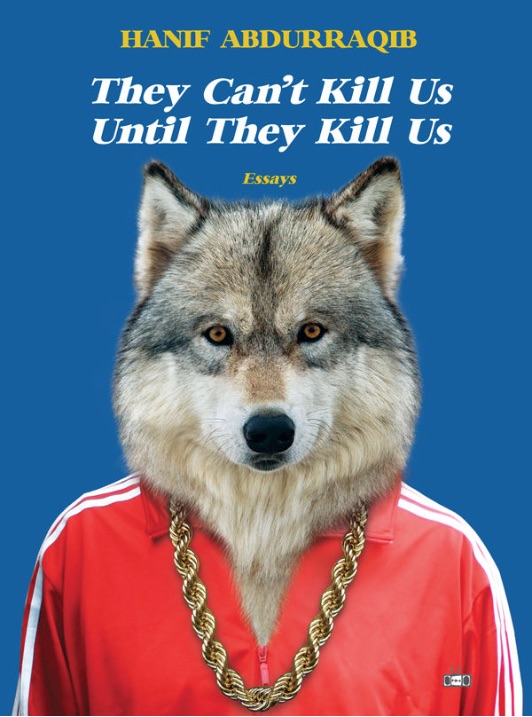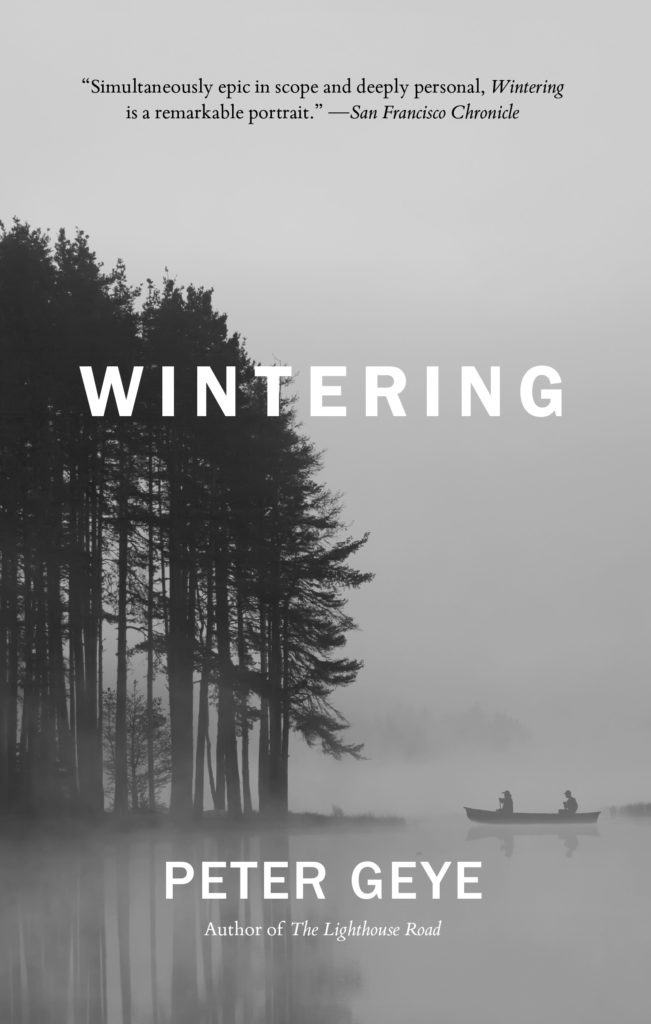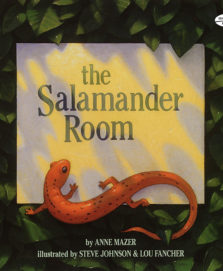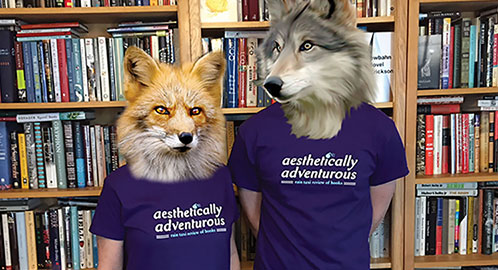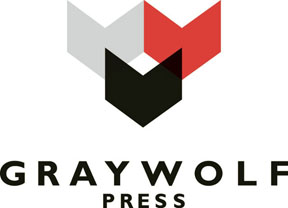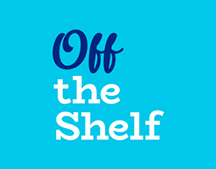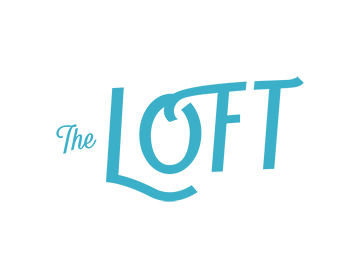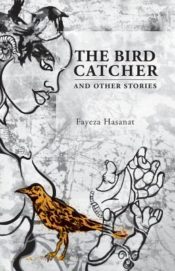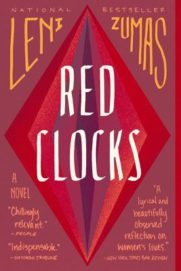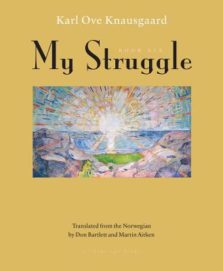
Interviewed by Ben Shields
Evan Fallenberg, novelist, translator, and university lecturer, lives in two very different parts of Israel. He has one home in Tel Aviv at the intersection of Rothschild Boulevard and Sheinkin Street, the most central location possible in the country’s most metropolitan city. His other home is ninety minutes north in the old city of Akko, where he runs Arabesque, a boutique hotel and artist residency. When we spoke by video call, he was in Akko, his face illuminated by a warm light with an Ottoman era wall behind him.
Fallenberg’s neighborhood in Tel Aviv is synonymous with urban Jewish culture. He’s a stone’s throw away from Rega, the former location of Café Tamar, which was a left-wing and artistic hub of downtown Tel Aviv for over 70 years. In Akko, a city best known for its Crusader ruins, his neighbors are predominantly Arab. He is a professor in the Department of English Literature and Linguistics at Bar-Ilan University in Ramat Gan, a town just outside of Tel Aviv, where he teaches creative writing workshops, translation seminars, and other humanities-based courses.
Our interview coincides with the publishing of The Parting Gift (Other Press, $23), his third novel, and we ventured into discussions about his craft in general, as well as his prolific work as a translator of Hebrew. The novel, told in the form of a long letter, is disturbing; the narrator has just arrived back to the United States from a long stay in Israel, initially to study at an ulpan (Hebrew immersion school). Since returning, he has been staying with Adam, a graduate school friend and recipient of the letter, for four months, though all that time Adam has known nothing of the narrator’s chapter in Israel. The narrator reveals that he met Uzi, a spice merchant in the north of the country with whom he rapidly developed a passionate, animalistic sexual affair. Uzi’s machismo intoxicates him when things are good; when they’re bad, it becomes mere male entitlement. Uzi, with his spice business, ex-wife, and children, became the narrator’s new universe; how he has come to leave that universe is the letter’s subject. Most remarkable about The Parting Gift is the way Fallenberg constructs in prose precisely what it feels like when someone close to you slowly unmasks himself as untrustworthy and paranoid.
BEN SHIELDS: Why do you write?
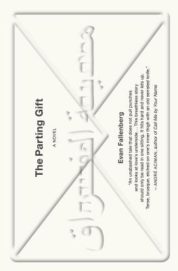 EVAN FALLENBERG: When I was in my mid-thirties, life felt oppressive and I was desperate for a creative outlet. I was trying to be an Orthodox Jew in that period of my life, and it didn't go very well. I was choking, and needed something creative. I've always been a person of language, and so creativity for me meant words, and that's how I became a writer. But this is the way my brain is wired: making up stories all the time. I'd been doing it without writing them; I was a liar as a kid. But my lies weren't hurtful—they weren't meant to trick people. I just wanted to see how much of a story I could tell and get away with.
EVAN FALLENBERG: When I was in my mid-thirties, life felt oppressive and I was desperate for a creative outlet. I was trying to be an Orthodox Jew in that period of my life, and it didn't go very well. I was choking, and needed something creative. I've always been a person of language, and so creativity for me meant words, and that's how I became a writer. But this is the way my brain is wired: making up stories all the time. I'd been doing it without writing them; I was a liar as a kid. But my lies weren't hurtful—they weren't meant to trick people. I just wanted to see how much of a story I could tell and get away with.
BS: So you are very much a late bloomer.
EF: Fellow writers seem to have been writing since they were eight years old and wrote their first novel when they were eleven. Not me at all. I think that part of the reason I didn't write until my mid-thirties was because I never believed that I would write a novel at the level that I like to read. I was finally desperate enough to let myself try.
BS: Were you raised an Orthodox Jew?
EF: Not at all. It was something that I adopted for a period of my life when I was in my early twenties and looking for meaning, looking for connection to this thing called Judaism. I'm glad today that I had that period in my life because I learned something and I'm not afraid of it. I can walk into any Jewish community in any synagogue anywhere in the world and know what's going on. But the practice of Orthodox Judaism, all the rules and regulations, just didn't suit me.
BS: You raised your children Orthodox?
EF: My two sons are, like me, not religious today. Each one of us at a different period and independently of the others made this decision. My ex-wife is still religious. She was Orthodox from birth and she's very open minded, very liberal, but Orthodox, and we're all respectful of one another.
BS: What classes are you teaching at Bar-Ilan University?
EF: I've only ever done workshops before, but I offered to teach a brand new course that is absolutely killing me—and I'm loving it at the same time. The idea is to take texts from mythology, the Bible, Shakespeare, whatever, and see what different artists in different genres have done through the centuries. I’m trying to make it as connected to life here as possible, including taking my students (half of whom are Arab, half Jewish) to a production of Salome at the Israeli Opera. Last week I did a class on how the Bible has been used in the arts. It's insane, there's so much material.
BS: How has being a translator affected your writing?
EF: When my first book came out, there were a couple of reviewers who referred to my ‘unusual’ use of English. And I realized by their examples that other languages I speak, particularly Hebrew, were pushing through. I found that knowing Hebrew has enriched my English. Knowing any other language enhances your appreciation of your own language.
BS: When you're writing fiction, do you start extemporaneously with a fragment that you follow free associatively? Or do you work with an outline?
EF: I have been very lucky with all three of my published novels, and with the one that I'm working on now. I start writing with a complete story in mind, the whole narrative arc. Sometimes it even feels like it comes out of nowhere. I clearly remember waking up one morning when I was still working on my first novel: It wasn't from a dream, but I was kind of in that state between. I had this idea for a story—I jumped out of bed, wrote two pages of notes and said, I will come back to this when I’ve completed my first novel because I don't want to be one of those people who's got all these starts and never finishes anything. So I only came back to it a year and a half later, and it was the entire arc of what became my second novel. That has happened to me now basically four times. There are a lot of deviations, though, so I see it like a map—I know where I'm driving, but on the way if there's something interesting over there I may follow it.
BS: Part of what’s so gripping about your new book is the first person narration. Do you have early drafts of The Parting Gift in the third person?
EF: No, it was always always first. This narrator was so demanding—I mean, he wasn't having it any other way, it was clear. It was like he was saying: my voice or nothing, I'm not working with you if you don't let me tell the story the way I need to. Don't hate me, Ben, but I wrote the whole novel in ten days.
BS: Oh my god. Yet it took a year and a half to incubate?
EF: Yeah . . . I had these incredibly long days where I just never stopped typing. I wrote 4500 words a day for ten days, and I realized I had a draft of the whole novel, precisely the novel I’d wanted to write. It obviously has gone through revisions since then, but in my own personal writing history, it’s the book that's closest as published to its original form. I was cooking that novel for eighteen months much more than I’d realized. I did not know that that was going to happen—I don't expect I'll ever have a writing process like this again.
BS: Thrilling. Incredible. Now, I sort of think about making a character like acting. There are the two methods: Stella Adler’s which is all research based—if you're playing a Roman Emperor, you should go to the library and read about what it was really like to be Emperor Augustus—then there's the Lee Strasberg method, which is all about drawing from your own life. If you're playing a Roman Emperor and there's an emotional moment, think about when your dog died at age seven. For most of us, we operate somewhere on a spectrum between those two. With you, is it more drawing more from your own life, or more invention and research based?
EF: Even when I try to start with someone I know, as soon as I start writing I see them as that character. The more I work with them, the farther away from the real person they go. And then the trick of it, of course, is to spend as much time as you can with the characters. The main character in my second novel was a dancer and choreographer, and I had to learn a lot about his world. So I learned about how he would have studied dance in Poland in the 1920s. I learned about what his dance life would have been like in the Royal Danish Ballet at age fifteen. I had to learn about what it would have been like to create the Tel Aviv Ballet, which I made up, in the 1940s, when I have him coming to Israel, because the culture here at the time was anti-bourgeoisie. Ballet was such a bourgeoise art, and people did not embrace it in Israel.
So I needed all that background. Not being a dancer myself, I found a woman here, she’s a Danish-born ballet dancer, choreographer, and teacher. So I went to interview her about ballet and Denmark. I asked her to give me a ballet lesson so that I could feel what he was feeling in his body. I wound up taking two years of ballet lessons with her. It was really fascinating to me. Once I started studying with her, I understood how this man would have walked through life. He carried his body in a way that the rest of us who are not dancers do not carry our bodies. And it shapes his personality in a certain way. I needed to do all of that so I could write this character faithfully. I felt I couldn't do him justice until I went to that deep level of knowing him. I had given him as a birthday the twenty-second of February 1922, which is all twos. I actually went to an astrologer about that date. I said, I want you to do a chart for a person born on this day, but this is a character I've made up. We had a fascinating conversation, it was amazing, but at the end she said to me, “You don't know him well enough yet.” And I said to myself, I know him, I have been working on him. I've done ballet lessons! I have done research! A couple months later, I was on a transatlantic flight. I wasn't thinking about the novel. And suddenly, I thought, whoa! He’s not gay! This character is straight. I had gotten him wrong. I had to completely rethink many things about the novel, and how the actions of the novel were transpiring. All of that for one character.
BS: I loved the research component of essays in college, especially history. But then when it came to writing the actual paper, it became too tempting to fabricate. In fact, one time I got a paper back that got a good mark. But at the end, the professor said, “a couple of things, though, I think you're just making up.”
EF: Nailed! And then you knew your future was in fiction and not in academia.
BS: The Parting Gift is epistolary. And I would think that from a craft point of view, the character of Adam, to whom the book-length letter is written, would be one of the most difficult parts of the writing. It’s sort of like a house of cards: how much to really say about him? How often should you remind the reader that this is addressed to Adam?
EF: I didn't have much trouble with Adam, he was so clear to me. My publisher, Judith Gurewich, is an extraordinary woman; and one of the things that she did with me was sit in her home for three days and we read aloud the entire novel. It was really amazing. She herself is a Lacanian psychoanalyst, so what she was bringing to the text was incredibly rich. We had a lot of conversations about Adam. I hadn't talked to anyone about Adam—before this, I had five readers who had looked at the manuscript, but nobody had ever really mentioned Adam, and I hadn't felt any need to think too much about him. Then she started questioning and I began to think more deeply about this Adam character. I did make some changes then, but I also fought for him as he was, I didn’t want to flesh him out too much. Because it's epistolary, you are stuck in the head of one person with an agenda; I couldn't go too far away from his perspective. But this did give me more of an opportunity to think about who Adam was, what his relationship was to the narrator.
BS: I think the book would lose half of its intrigue and quality without the Adam component. Are there epistolary novels that you love that inspired you to write this one?
EF: There are two that I had in mind. One was by Michael Frayn, a writer I love, his novel The Trick of It. Also, Marguerite Yourcenar’s Alexis made a huge impression on me when I first read it in my twenties. Alexis is a young married man leaving his wife. And the novel is a letter to her explaining why he has to leave her. It's actually because he's a homosexual, but he can't say that word. It's always couched in beautiful language. I didn't set out to write an epistolary novel. But then it gave me a lot of license to write nasty things in the narrator’s voice. In letters, we’re manipulative, telling a story the way we want it to be. From my first book—people would say to me, “Your character isn't very lovable.” I seem not to write lovable characters at all, and that doesn't bother me.
BS: Does it not frighten you to create characters who are unlikable, especially in the first person?
EF: No, I really enjoy it. I think of myself as a pretty nice guy. But it seems to me that one of the great tragedies of humankind is that we're stuck in our own bodies and our own minds forever. With books, you get to live somebody else's life. If they're written well, then they feel real. And you get to experience what other people experience. I remember that Carson McCullers got in trouble with one of her later books because she wrote something about a character smelling their own farts and not being repulsed by them. People were aghast at this. And I think it's hilarious that she wrote a line that behind closed doors people might have thought, but nobody dared to say. I really love that. People actually have these thoughts. Why not talk about it?
Click here to purchase this book
at your local independent bookstore

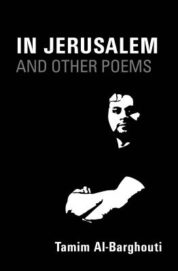 Tamim Al-Barghouti
Tamim Al-Barghouti
